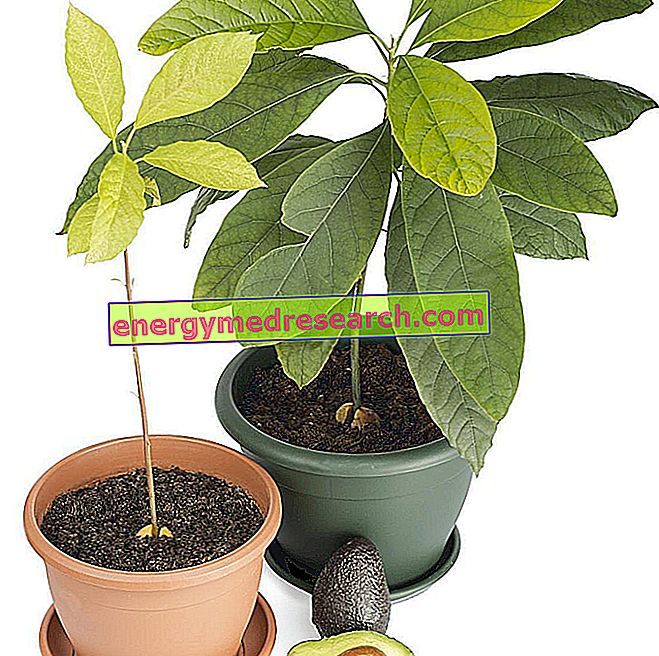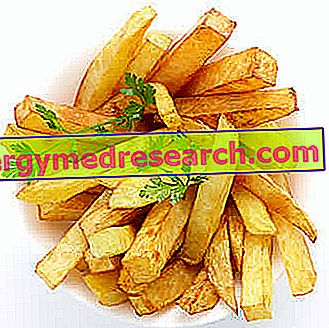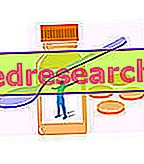Related articles: Diverticulosis
Definition
Diverticulosis is a condition characterized by the presence of diverticula in the digestive tract. In general, when talking about diverticulosis without specifying the site, localization at the level of the colon is implied; in fact, although diverticula can also arise in other sites (eg esophageal diverticula), in most cases they involve the large intestine.
The diverticula are saccular evaginations (similar to pockets or pockets), of variable dimensions (diameter from 3 mm to> 3 cm). They arise due to the leakage of the mucosa that covers the walls of the intestine, in turn often linked to problems of constipation; in fact, the prolonged permanence of the faeces in the intestine causes an increase in intraluminal pressure which determines the exfoliation of the mucosa at the weakest point. At the base of the diverticula there may also be an inflammatory process. Usually, in patients with diverticulosis, diverticula are numerous.
Most common symptoms and signs *
- Abdominal pain
- Pain in the Navel
- Abdominal swelling
- Peritonismo
- Blood from the anno
- Blood in the stool
- Constipation
Further indications
In most cases, diverticulosis is asymptomatic. In some cases, however, it can cause abdominal pain (cramp or vague / diffuse), loss of blood from the rectum and constipation alternating with phases characterized by frequent stimuli to evacuate. The problems derive above all from the retention of feces or food particles, which remain trapped in the diverticular sacs favoring bacterial proliferation in situ. In these cases, in fact, phenomena of inflammation (diverticulitis) or infection of the diverticula may appear, which can be followed by bleeding or rupture.
The diagnostic approach varies depending on the case. Asymptomatic diverticula are often detected accidentally during radiological or endoscopic investigations (eg colonoscopy) performed for other reasons.
The treatment of diverticulosis involves different approaches. In most cases, a diet rich in liquids and fiber can be useful, able to fight constipation (but limiting foods rich in seeds and generally those that leave a large fibrous residue in the intestine). Your doctor may recommend symptomatic pharmacological treatment to help alleviate pain and constipation. In case of infection, it can also prescribe antibiotics. Surgery is generally recommended for the treatment of large diverticula.



